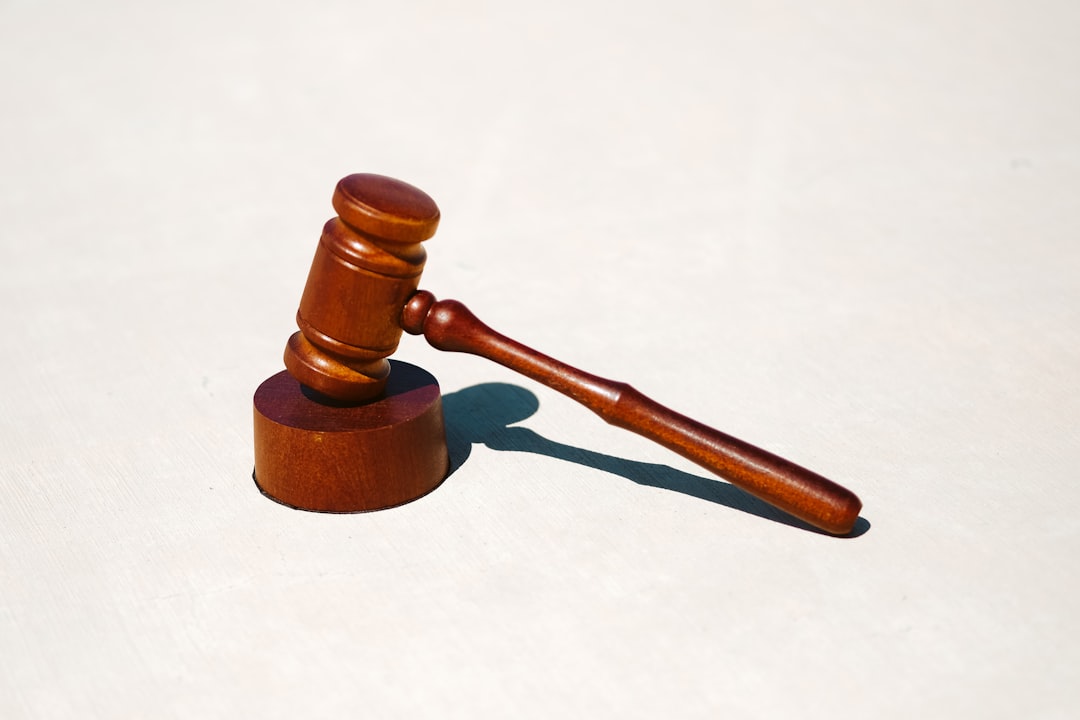In Rhode Island, educators play a crucial role in identifying and reporting child abuse, with school abuse law firms offering specialized training and support. Despite their importance, current training programs often fall short in recognizing subtle signs of abuse. Best practices involve observing behavioral changes, creating open dialogue, asking appropriate questions without judgment, and providing resources. Collaboration between educators and local law firms is vital to develop comprehensive policies, create a culture of awareness, and ensure safer educational institutions for all students through continuous education and navigation of state laws.
In Rhode Island, educators play a pivotal role in identifying and preventing child abuse. Effective training equips them with the knowledge to recognize various forms of abuse and its indicators. This article explores current educator training programs in the state and highlights best practices for early identification. It delves into the crucial support system provided by school abuse law firms, underscoring their role in enhancing educator preparedness and fostering safer learning environments. By understanding these aspects, Woonsocket educators can be better equipped to recognize and address signs of abuse.
Understanding Child Abuse: Types and Indicators
Child abuse is a complex issue that takes many forms, and educators play a vital role in identifying and addressing these problems. Understanding different types of child abuse is essential for teachers and staff in Woonsocket schools to spot potential indicators. Physical abuse is one of the most visible forms, marked by bruises, cuts, or other physical injuries. However, it’s not the only type; emotional or psychological abuse can leave scars just as profound, including signs like sudden changes in behavior, withdrawal from friends, or repeated tales of being mistreated.
Sexual abuse, whether recent or historical, is another critical area for educators to recognize. Indicators might include unusual sexual knowledge or behaviors, fear of certain locations or people, or unexpected physical symptoms. Neglect, too, is a significant concern, with signs such as frequent tardiness, dirty or inadequate clothing, or hunger during school hours. In the context of Rhode Island’s school abuse laws, being vigilant for these indicators can help ensure that students receive the support and protection they need.
Current Training Programs for Educators in Rhode Island Schools
In Rhode Island, educators play a pivotal role in identifying and reporting potential cases of child abuse. However, the current training programs for school staff often leave room for improvement when it comes to recognizing subtle signs of abuse. Many schools offer basic workshops on child protection, but these sessions are typically one-time events that may not provide sufficient depth or practical knowledge. The state’s school abuse laws and regulations are complex, and educators need ongoing education to stay updated and equipped to handle sensitive situations.
Local law firms specializing in school abuse cases recommend more comprehensive training programs tailored to the unique challenges faced by Rhode Island educators. These could include interactive simulations, regular refresher courses, and peer-to-peer learning sessions. By fostering a culture of continuous learning, schools can better prepare their staff to identify abuse, protect vulnerable students, and navigate the legal aspects outlined by Rhode Island’s school abuse laws.
Best Practices for Recognizing and Reporting Signs of Abuse
Recognizing and reporting signs of abuse is a critical aspect of maintaining a safe learning environment in schools. Educators play a pivotal role in identifying potential indicators of child abuse or neglect, as they often have regular interactions with students. Best practices for educators include being vigilant and proactive in observing student behaviors that may suggest distress or harm. This involves paying attention to changes in mood, performance, or social interactions—such as sudden withdrawal, aggressive behavior, or excessive fear—which could be indicative of abuse at home.
Furthermore, fostering an open and supportive environment where students feel comfortable discussing personal matters is essential. Educators should be trained to ask appropriate questions without judgment and offer resources for those in need. In Rhode Island, school abuse law firms often collaborate with local educational institutions to provide professional development programs that educate teachers on the state’s child protection laws and effective reporting procedures. Staying informed about legal requirements ensures educators can respond appropriately when they suspect a student is at risk of or experiencing abuse.
The Role of School Abuse Law Firms in Educator Training and Support
In the fight against child abuse, school abuse law firms in Rhode Island play a pivotal role in supporting educators and ensuring the safety of students. These specialized legal entities offer crucial training programs designed to equip teachers and staff with the knowledge and skills needed to recognize potential signs of abuse within their schools. Through workshops, seminars, and ongoing consultation services, they empower educators to become vigilant watchdogs for child welfare.
By collaborating with local education authorities, these law firms contribute to the development of comprehensive policies and protocols that guide educators in handling suspected cases of abuse effectively. They provide a safe space for teachers to discuss sensitive issues, clarify legal obligations, and gain confidence in their ability to protect students. This support is essential for fostering a culture of awareness and accountability, ultimately making Rhode Island’s educational institutions safer environments for all learners.






